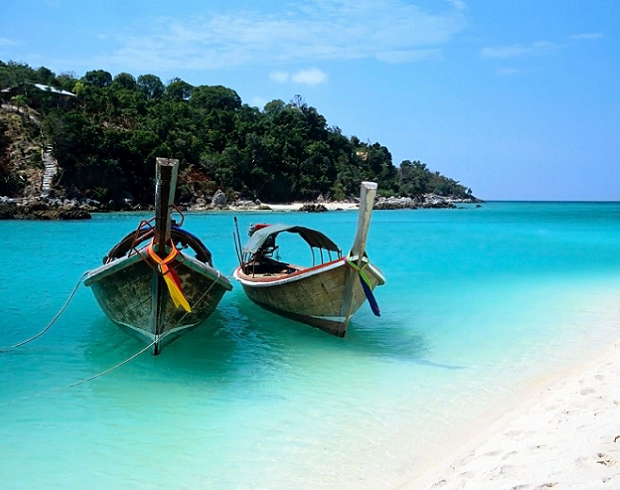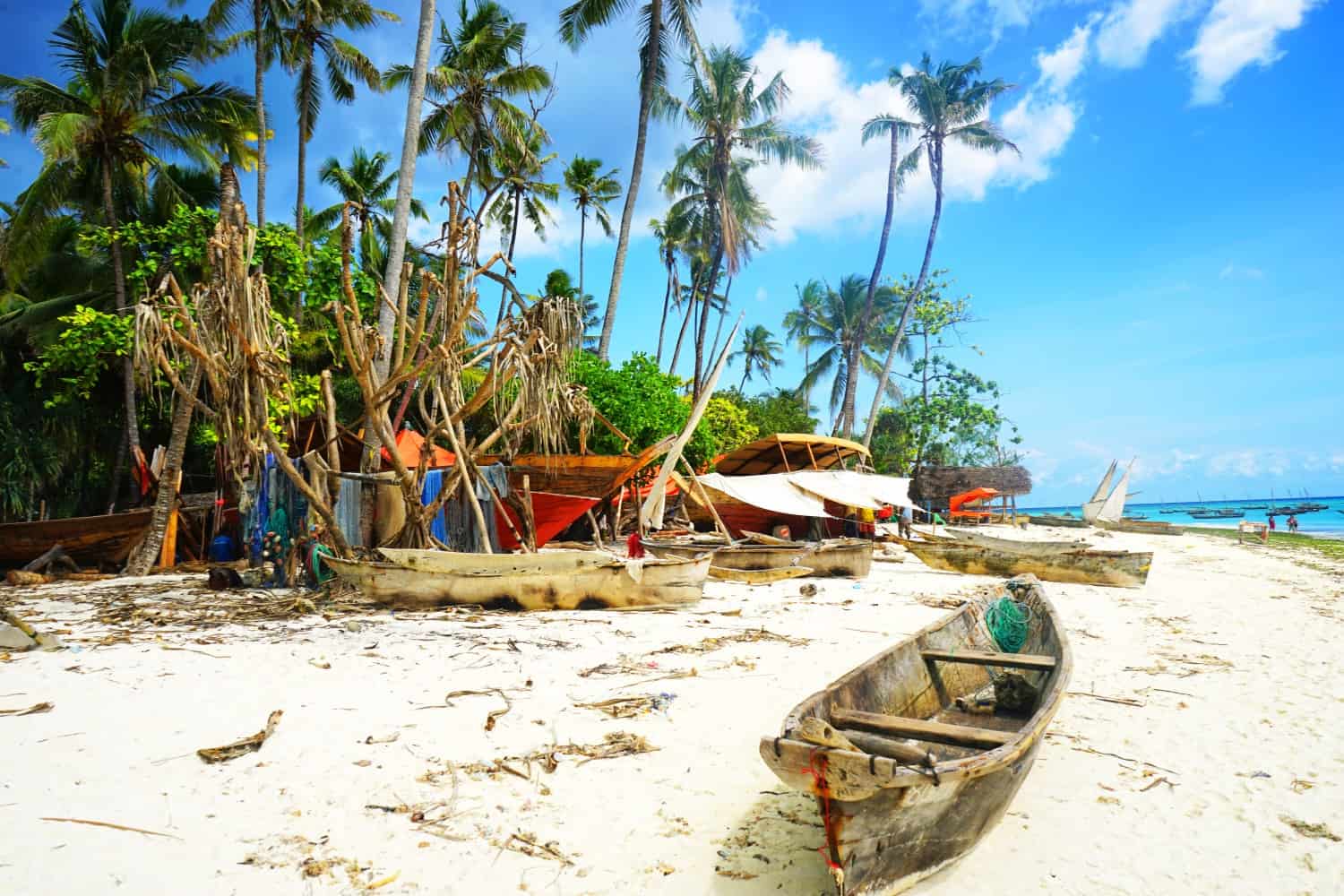Sights and Sounds of Zanzibar

About three years ago, we chose to spend part of the December holidays as tourists in Zanzibar. It was still at the time when the travel advisories against Kenya were in full effect following the Westgate terrorist assault. We flew into Zanzibar’s Kisauni airport, where, quite blissfully, there was a separate immigration counter for East African Community(EAC) citizens, contrary to the Dar es Salaam Julius Nyerere International Airport’s legacy of treating all arriving visitors as one heaving block of unwelcome travellers.
It took about an hour to drive to our destination in the northern part of the island, where we were going to stay at a villa belonging to a South African owner. We did however get pulled over twice on the otherwise uneventful journey. The first time was by the Zanzibar tourist police who wanted to check the “papers” of our van. The “papers” were found to be in good order and we were happily waved along.The next incident was not so easy. Two regular policemen wearing the full white Zanzibari police uniform, buttons agonizingly stretched across their corpulent bellies, asked Kiba our driver for his driving license, PSV license and rate card in that order after taking a long, languorous look at the license stickers on the windscreen and finding no fault. Of course, Kiba couldn’t produce a rate card since the van belonged to the villa’s owner, so he was told that the policemen would keep his driving license until he could find it. The cops were quite pragmatic and told Kiba to take down their mobile numbers and give it to any cop who might stop us ahead so that they could explain that they were in possession of the license.
After a few minutes, one cop asked Kiba to step out of the vehicle for a “conversation”. Money changed hands, the driving license was released and we were dispatched on our merry way. Total time taken for the transaction: 15 glorious minutes of our precious holiday. Kiba was visibly embarrassed and bristling with anger at the capricious display of greed in front of his visitors. We chuckled and consoled his morose spirit with the fact that we were coming from a country where our own Kenyan traffic cops would make his Zanzibari traffic cops look like omena at a Nile Perch beauty parade.

Image from http://theseyyida-zanzibar.com/
Zanzibar is a beautiful island with a heritage quite similar to Lamu. Arab, African and Indian influences have melted into a traditional, conservative Islamic culture. Stone Town, which is the main city on the island is a tourist haven with several narrow winding streets dotted by the ubiquitous curio hustlers cajoling you to visit their shops that have the same kikoys, African traditional masks, paintings and batiks. I spoke to one boutique owner, marveling at how they were lucky to still have tourists in Zanzibar, as our villa owner had told us that they enjoyed bookings eleven out of twelve months in a year. She was not as bullish, however.
She told us that most of the tourists to Zanzibar were typically on a Kenya-Tanzania-Zanzibar circuit and the events in Kenya had significantly impacted the numbers coming through to Zanzibar at that time in 2014. This conversation was replicated two months ago when I was on a working visit to Kigali, shortly after the August 8th 2017 elections here in Nairobi. The general manager at the hotel I was staying at was lamenting at the impact the Kenyan elections were having on visitors to a city some 1,200 kilometres south west of Nairobi. He said the exact same thing as the Zanzibari boutique owner. A large number of tourists to Rwanda were usually partaking in a circuit that started in Kenya. Cancellations to Kenya therefore meant that the whole circuit, including Rwanda would be cancelled.

Image from https://www.neverendingfootsteps.com
That our fortunes (and our sticky-fingered traffic cops) are intertwined within the East African Community is an unassailable fact. The intangible but very apparent influence that Kenya has on the region’s economy should give some pause to the proponents of the monetary (and doubtful political) union for the EAC.Our seeming inability to arrive at a mutually agreeable political solution is one that is of our own Kenyan making, and should never be exposed to the wider, unsuspecting regional citizenry. Or perhaps the opposite is true: a regional constituency might require a very different big picture thinking at the political level, making Kenyan tribal issues the non-issues that they need to eventually become.
Twitter: @carolmusyoka

 carolmusyoka consultancy
carolmusyoka consultancy
 @carolmusyoka
@carolmusyoka